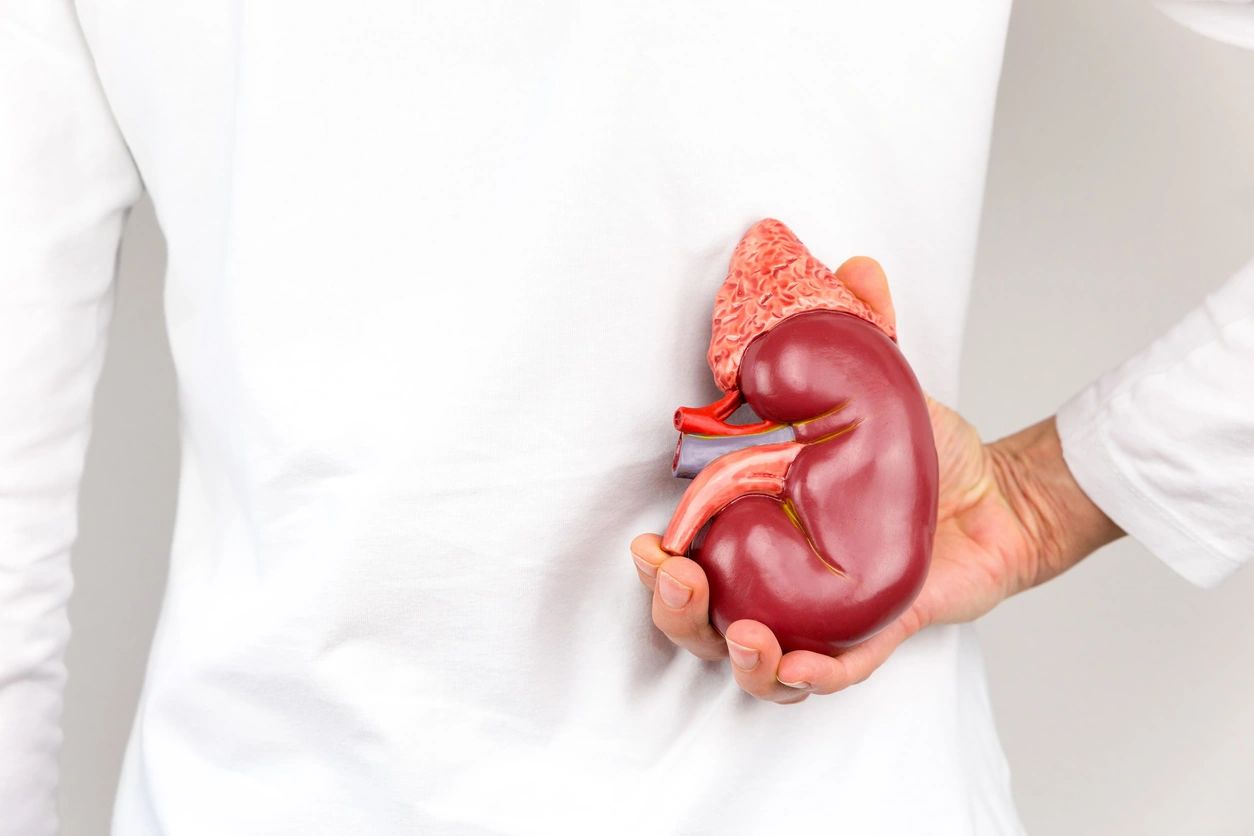Key Concepts
- Physical activity vs. exercise: Physical activity includes any movement that expends energy. Exercise is a planned, structured, and repetitive form of physical activity intended to improve physical fitness.
- While staying active in daily life is beneficial, structured exercise—whether in person or virtual—daily walks, or directed classes is recommended for achieving clinically meaningful impact.
Benefits
- In predialysis CKD, regular exercise helps with:
- Weight control
- Blood pressure reduction
- Improved physical function and functional capacity
- Enhanced quality of life
- In end-stage kidney disease (ESKD), most patients on dialysis have very low activity levels, putting them at risk for:
- Frailty
- Falls
- Sarcopenia
- Hospital admissions
- Intradialytic exercise (during dialysis sessions) has been linked to:
- Fewer hospitalizations
- Better cardiovascular health
- Increased muscular strength
- Improved quality of life
- UK guidelines recommend at least 30 minutes per session, combining aerobic and resistance training.
Kidney Transplant
- After transplant, patients continue to face cardiovascular, metabolic, and infectious risks, often reporting:
- Low energy
- Fatigue
- Sedentary lifestyle
- A multidisciplinary renal rehabilitation—including nutrition and regular exercise—is advised to boost physical function and quality of life.
- International recommendations (2022) agree on 150 minutes per week of moderate exercise or 75 minutes of vigorous activity, with at least two sessions of strength, balance, and flexibility training.
Digital Technologies
- Digital interventions, such as apps, trackers, or online platforms, have shown benefits by increasing physical activity and improving physical function in chronic diseases.
- These tools can overcome traditional barriers, making exercise more accessible for people with CKD.
Conclusion
Regular, structured physical activity—tailored to the stage of kidney disease and ideally supervised—offers multiple benefits: better weight and blood pressure control, enhanced physical capacity, increased strength, improved quality of life, and reduced hospitalizations. Following current recommendations (150 minutes per week plus strength training) and using digital tools can enhance adherence and outcomes.
March 13, 2025
Traversa by Mity Inc.: Revolutionizing Non-Emergency Medical Transport Seating
The Traversa chair is the NEMT industry’s first alternative
January 11, 2025
The Importance of Keeping Your Medical Appointments on Time
Discover why keeping your medical appointments on time is




